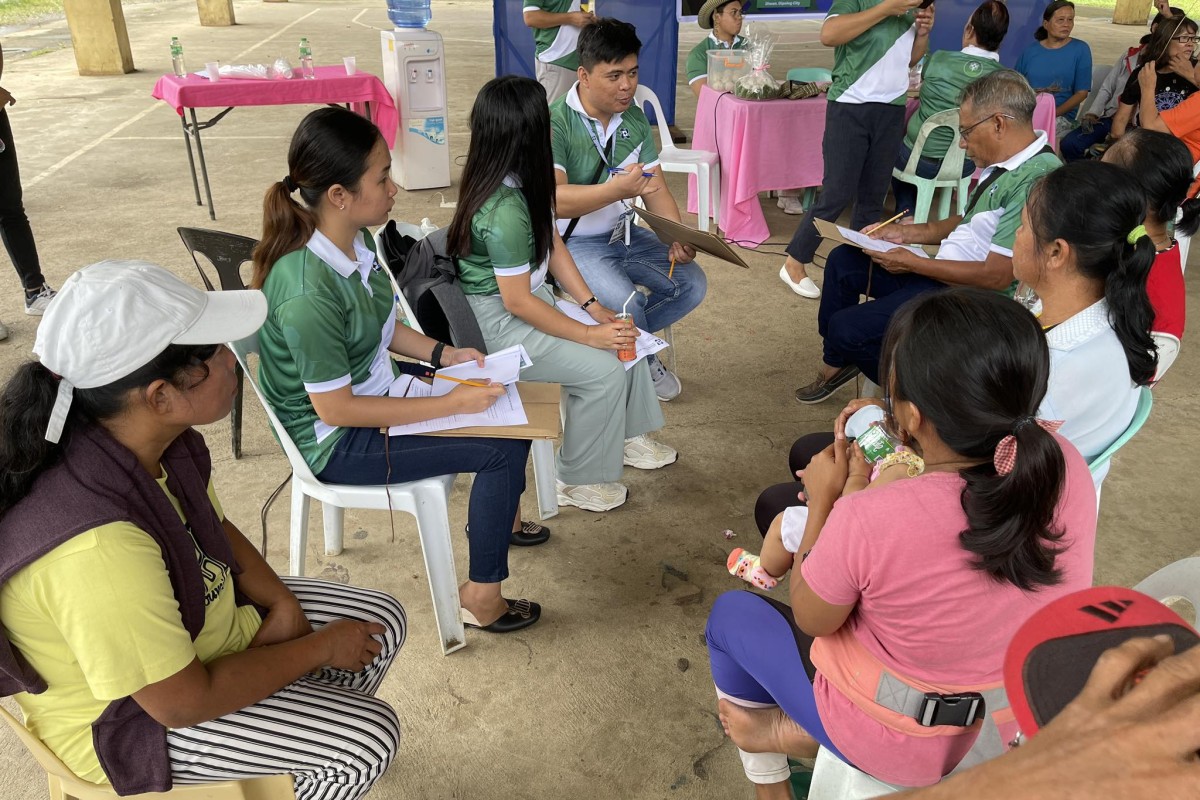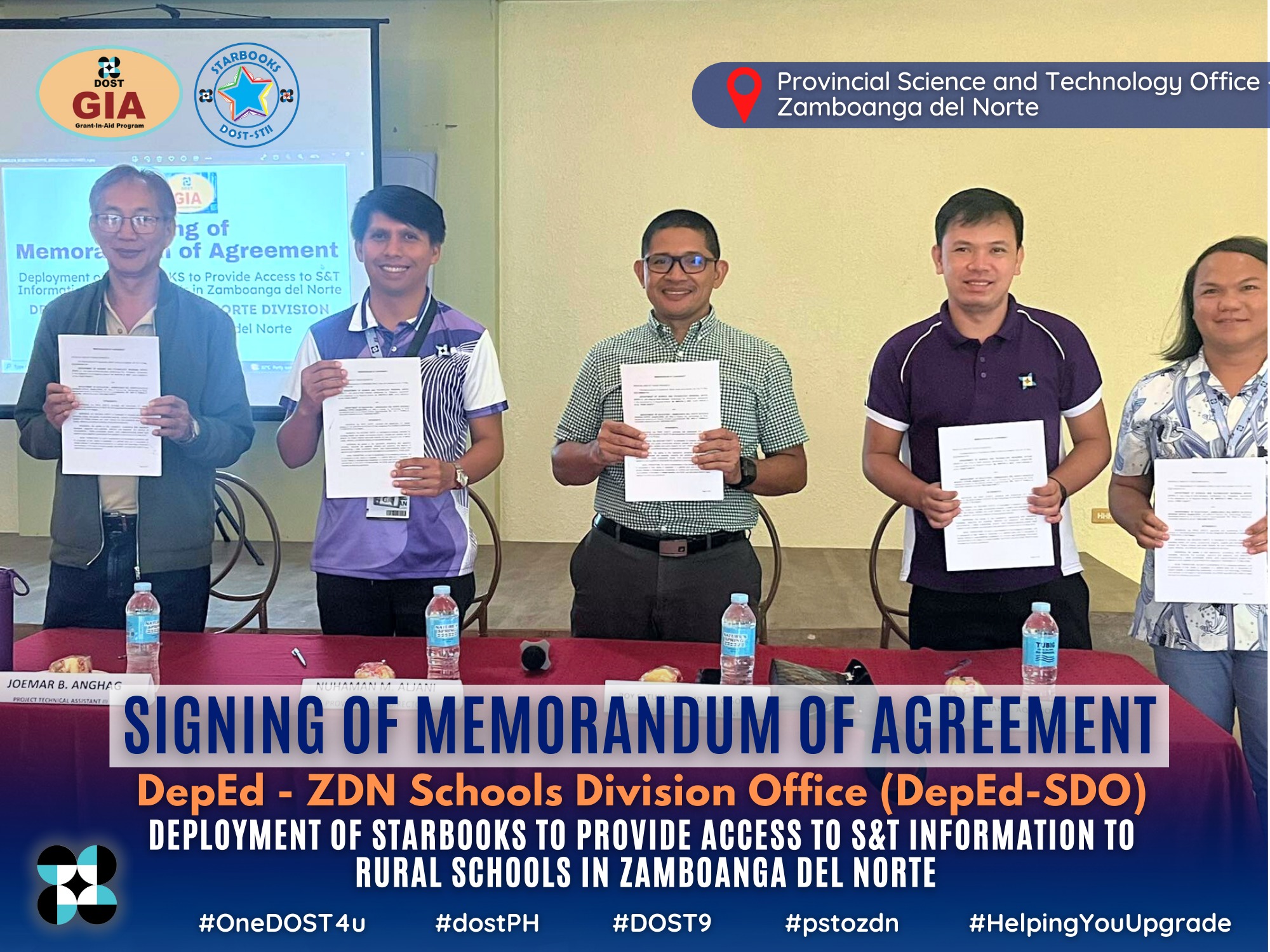DIPOLOG CITY, Aug. 18 (PIA) - The Department of Science and Technology (DOST) launched the "SalikLakbay" initiative under the Grassroots Innovation for Inclusive Development (GRIND) program in one of the farthest communities in the city.
Sitio Pamansalan, in Barangay Diwan was identified as the pilot area of implementation for the "SalikLakbay" in the Zamboanga Peninsula region after the initial site visit of DOST Zamboanga del Norte and coordination with the local government unit of Dipolog during the planning phase of the program.
"We have seen the potential in some of the product innovations we discovered in the area. With the implementation of the GRIND program, we will be able to empower the marginalized communities by developing and strengthening its existing grassroots innovations," said Provincial Director Nuhman Aljani of the Provincial Science and Technology Office (PSTO)-Zamboanga del Norte.
Representatives from various sectors including the academe, business, national government agencies and the media joined the two-day SalikLakbay Solutions Mapping Trainer's Training.
The group forms part of the "SalikLakbayers" in the region who will venture into communities to conduct empathic and active observations.


"SalikLakbay" is a combination of two words, "Saliksik" and "Lakbay" which means research and journey, respectively. This activity aims to identify needs, issues and opportunities in far-flung areas by looking for solutions developed by the people tagged as "the Filipino diskarte" that are often not-recognized or overlooked.
"This also allows us to look into the context, culture and emotions of people and shifts our way of seeing people from demographics to psychographics," said Social Innovation Analyst Juan Gabriel Daray of the United Nations Development Programme Accelerator Labs.
The GRIND program will also be implemented in the provinces of Zamboanga del Sur, Zamboanga Sibugay, Zamboanga City and Isabela City, Basilan, and generally all throughout the country, as part of its second phase in partnership with the UNDP.
Looking forward, the program will support the establishment of Community-led Innovation Centers that will serve as central hubs for linking people with grassroots innovation.
Engr. Ian Dave P. Corteza of Innovation-Support Section, R&D for Development and Innovation Division said "innovations are what advances the world to further modernization. Let us not disregard those innovations coming from the lowest portion of the pyramid or the grassroots as these are socially-driven innovations concerned with the geographical and cultural characteristics of society." (NBE/EDT/PIA9-Zamboanga del Norte)




